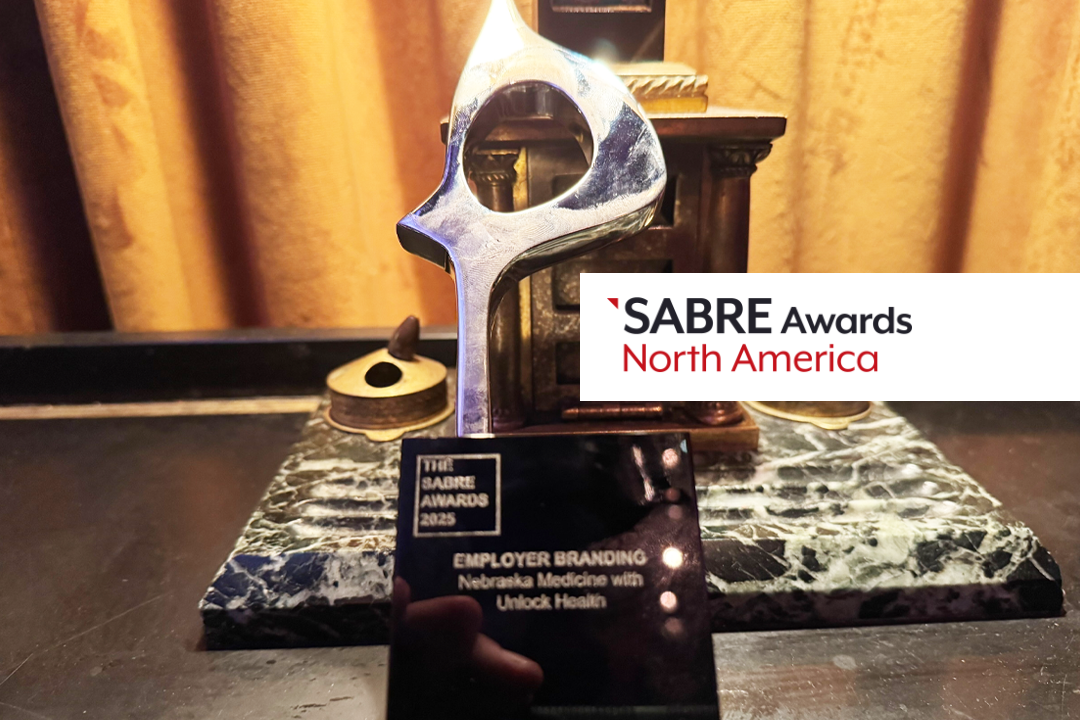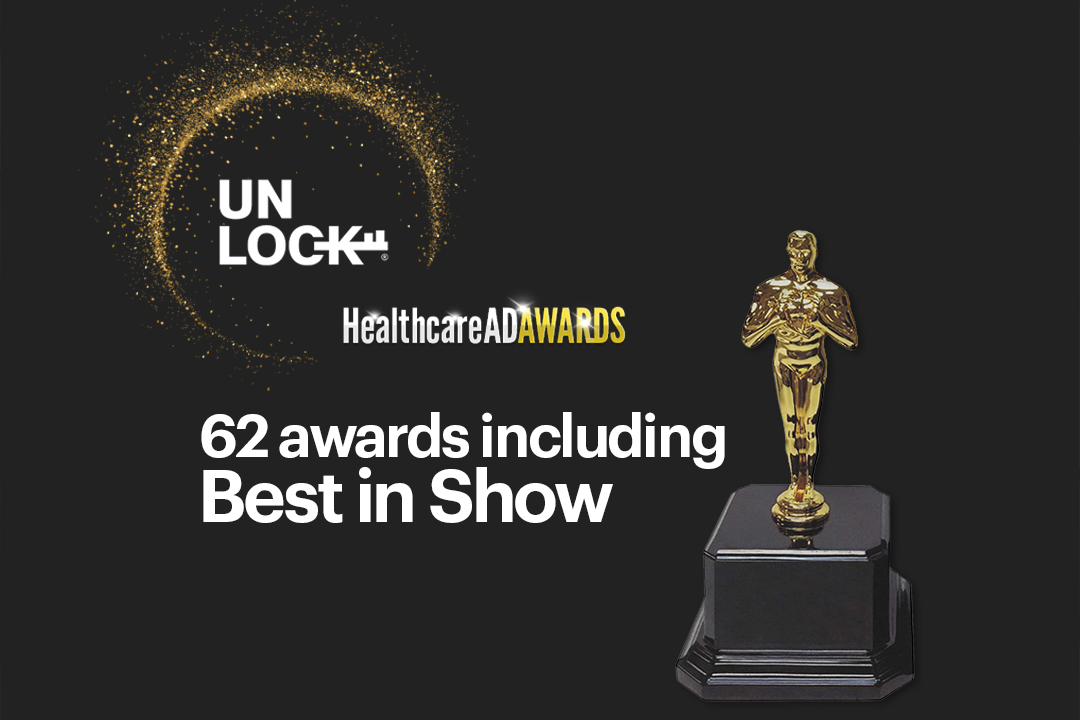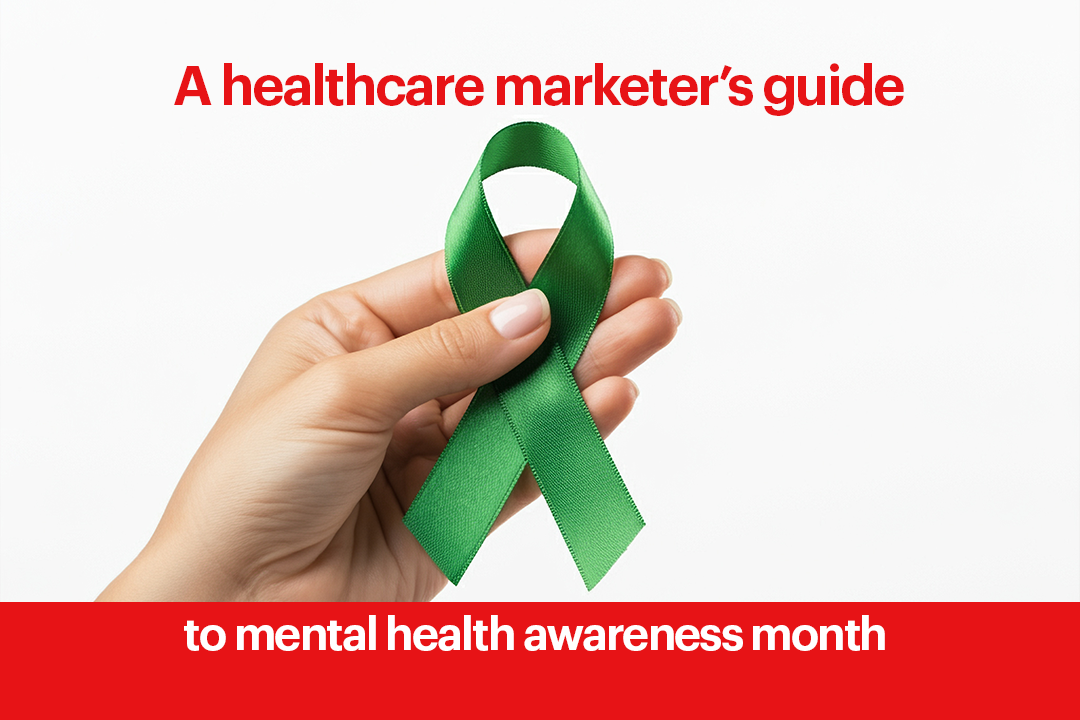Who cares about authenticity?
How can healthcare marketers connect with consumers more likely to look to influencers for health information than to actual health experts? The first step is to embrace something we all need more of — authenticity.
Why going all-in on brand or performance marketing is a mistake
It's not brand building or performance marketing. It's both — the question is how much of each to invest in. The tipping point is the answer.
Winning Strategies for Stronger Brand Performance and Impact
A strong healthcare brand creates a unique identity and fosters an emotional connection with its audience. To be effective in a competitive market, healthcare providers must reach beyond clinical excellence...
More than a move: senior living with purpose
How senior living communities can build trust, ease new resident transition, and create a sense of belonging through purpose-driven marketing
Nebraska Medicine and Unlock Health win at the SABRE Awards
Nebraska Medicine and Unlock Health took home the award for Employer Branding at the 2025 SABRE Awards from PRovoke Media.
Hermes Creative Awards: Congratulations to our winning clients
Unlock Health clients took home two platinum and two gold awards at this year's Hermes Creative awards.
Unlock Health clients win big at the Healthcare Ad Awards
Unlock Health clients won 62 awards at this year's Healthcare Ad Awards, including 18 gold awards. UChicago Medicine took Best in Show for their cancer fence installation.
Mental health campaign marketing that breaks the stigma
Support Mental Health awareness with campaign tips, HRAs, and proven strategies that help healthcare marketers connect communities to care.
Unlock Health is one of PRovoke Media’s Best Agencies in the U.S.
“At its core, Unlock Health fosters a culture of collaboration, creativity, and continuous improvement. With a diverse team of specialists, the agency cultivates an inclusive environment that encourages innovative thinking.”...
The trust deficit: how healthcare lost its most valuable asset
Luke Bemis explores what’s causing the growing trust deficit in healthcare and how healthcare brands can foster lasting trust and loyalty.










